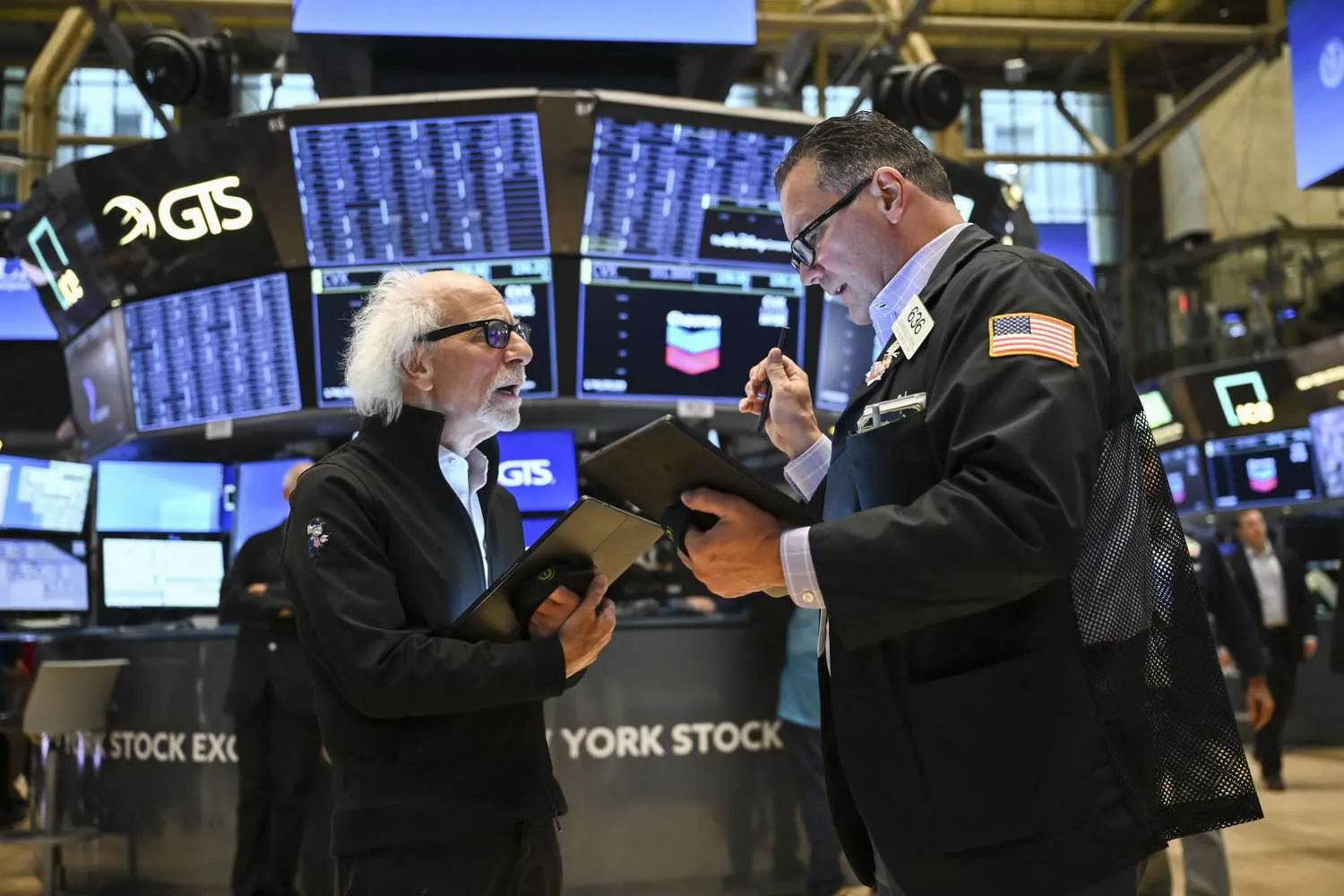Key Bond Rates May Rise Even Higher as a Result of Trump's Fed Gamble
President Donald Trump’s relentless and unprecedented criticism of the Federal Reserve could ultimately backfire, potentially pushing borrowing costs higher across the economy.
For weeks, Trump has openly attacked Fed Chair Jerome Powell for not slashing interest rates aggressively enough to boost economic growth and, in Trump’s view, reduce the government’s debt burden.
He has already nominated the head of his Council of Economic Advisers to join the Fed’s board and is now moving to oust Governor Lisa Cook an unprecedented step that could trigger a legal fight over the central bank’s independence.
While the Fed has considerable influence over short-term interest rates, the real driver of borrowing costs for consumers and businesses lies in the 10-year Treasury yield. This benchmark, determined by global trading activity, dictates the rates Americans pay on everything from mortgages to business loans and other forms of debt.
Even as Powell signals that the Fed could begin cutting rates as early as next month, long-term yields remain stubbornly elevated for other reasons. Persistent inflationary pressures tied to tariffs, a ballooning federal budget deficit that will flood markets with additional Treasury supply, and the stimulative effect of Trump’s tax cuts next year are all contributing factors.
On top of that, investors worry that a Fed too aligned with the White House might slash rates too aggressively, undermining its inflation-fighting credibility. If that happens, long-term yields could climb even higher, tightening financial conditions and rattling broader markets.
“The combination of weaker U.S. payroll growth and the White House’s relentless pressure on the Fed both institutionally and personally is creating real challenges for Treasury investors,” said David Roberts, head of fixed income at Nedgroup Investments.
He anticipates long-term yields will rise even as short-term rates fall. “Inflation is still well above target. Making money significantly cheaper now could trigger an economic boom, weaken the U.S. dollar, and drive inflation much higher.”
The upward pressure on long-term yields isn’t unique to America. Similar trends have emerged in the UK, France, and other major economies, where heavy debt loads and volatile political climates are spooking investors.
However, Trump’s return to the White House has added its own complications.
During last year’s campaign, when markets began pricing in his potential victory, 10-year Treasury yields spiked even as the Fed started pulling its policy rate back from its highest level in over 20 years. Investors anticipated that Trump’s pro-growth policies tax cuts and deregulation would inject fresh momentum into an economy that had proven surprisingly resilient.
Since taking office, Trump’s unpredictable trade policies have clouded the economic outlook, rattled overseas investors, and introduced inflation risks. His tariff announcement in April sparked one of the steepest bond selloffs in decades, sending yields sharply higher. Trump eventually paused the tariffs, acknowledging that markets were becoming “a little bit nervous, a little bit afraid.”
Yet the levies have since been reinstated, and trade policy remains a moving target. Meanwhile, Trump’s tax package is projected to add more than $3 trillion to the deficit over the next decade. Unless future administrations maintain the tariffs and generate sufficient revenue, this debt pile will continue to grow.
“The U.S. has to issue an enormous amount of debt to fund its deficit,” said Michael Arone, chief investment strategist at State Street Investment Management.
That dynamic, he explained, is fueling ongoing concerns about growth and inflation.
“As a result, I expect long-term rates to stay higher and more volatile than the market currently anticipates.”

Subscribe to our newsletter!
As a leading independent research provider, TradeAlgo keeps you connected from anywhere.








